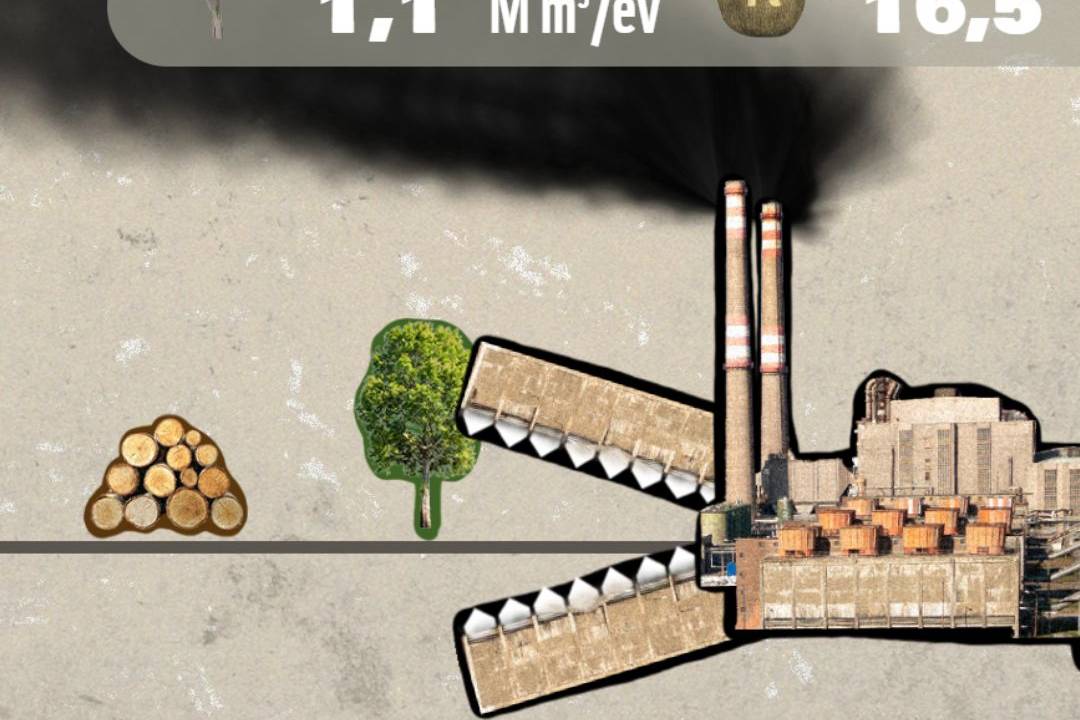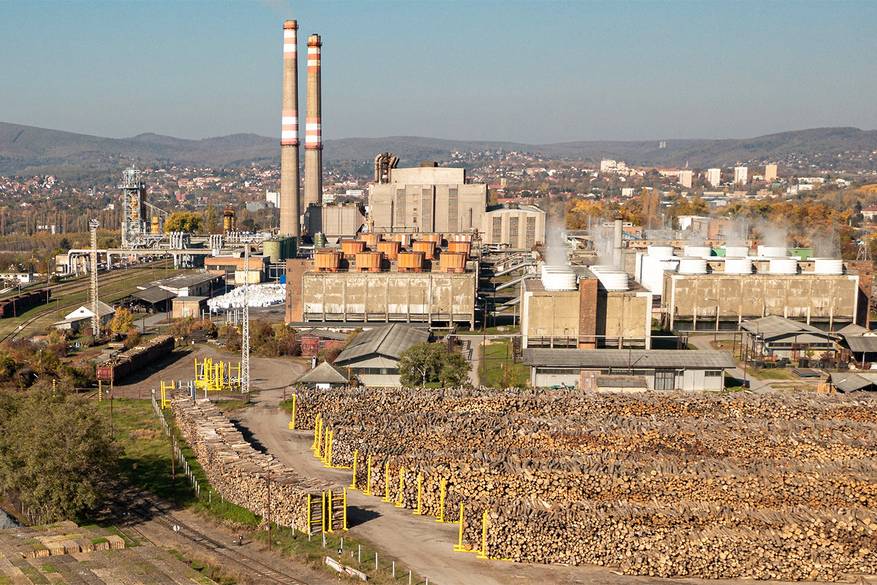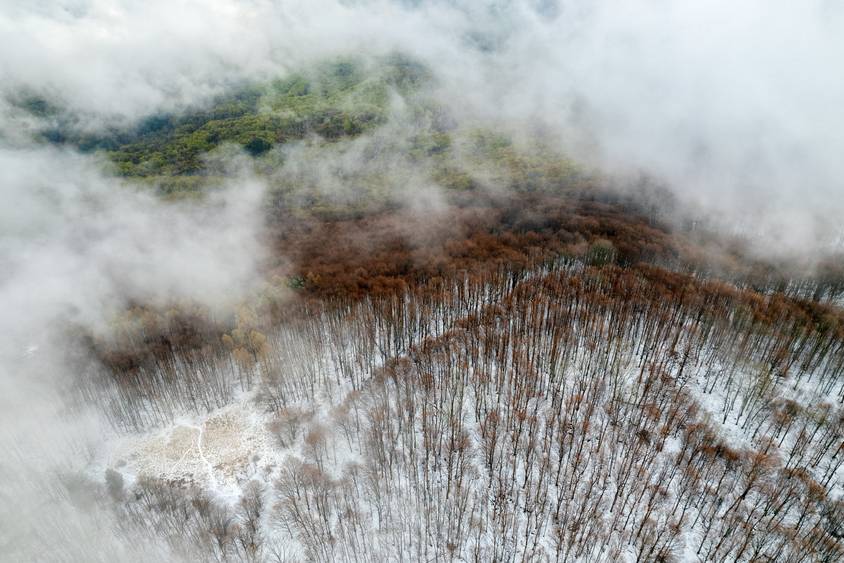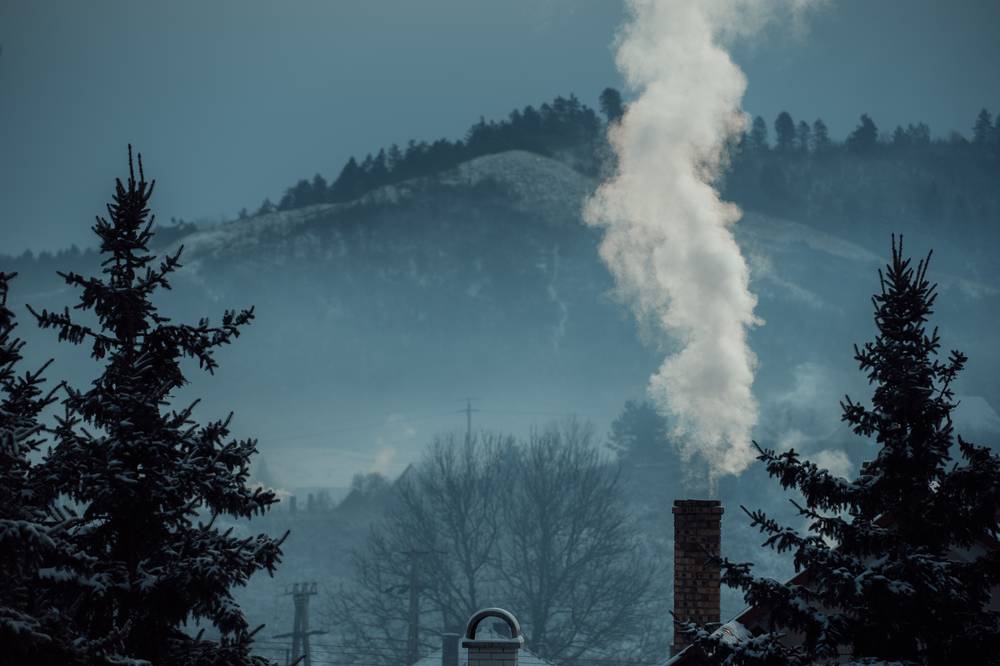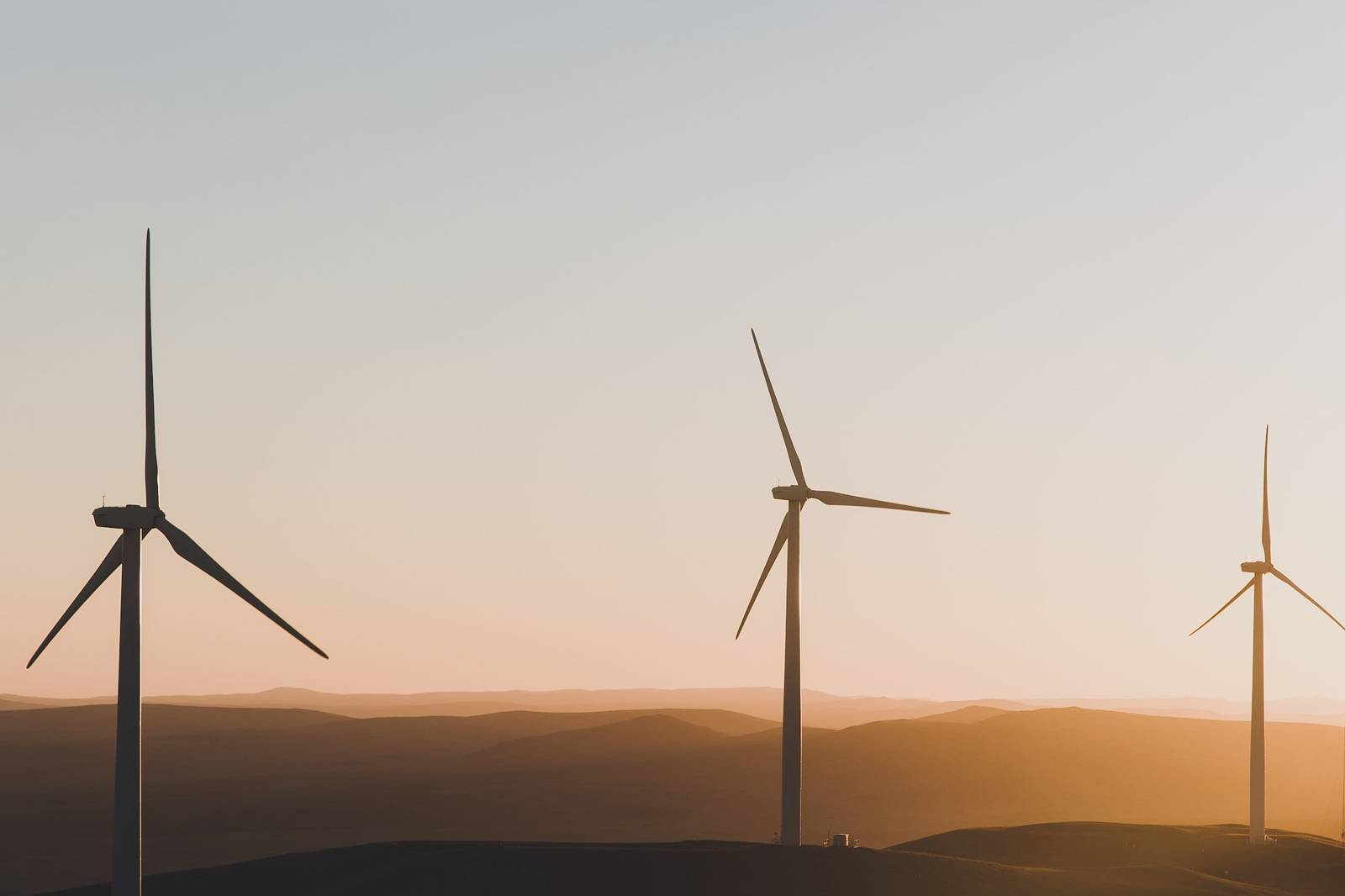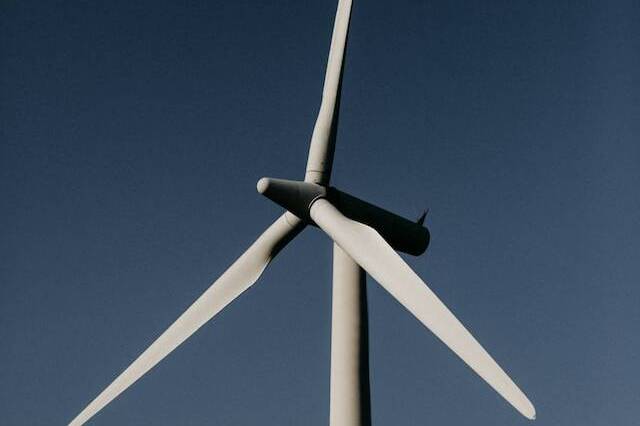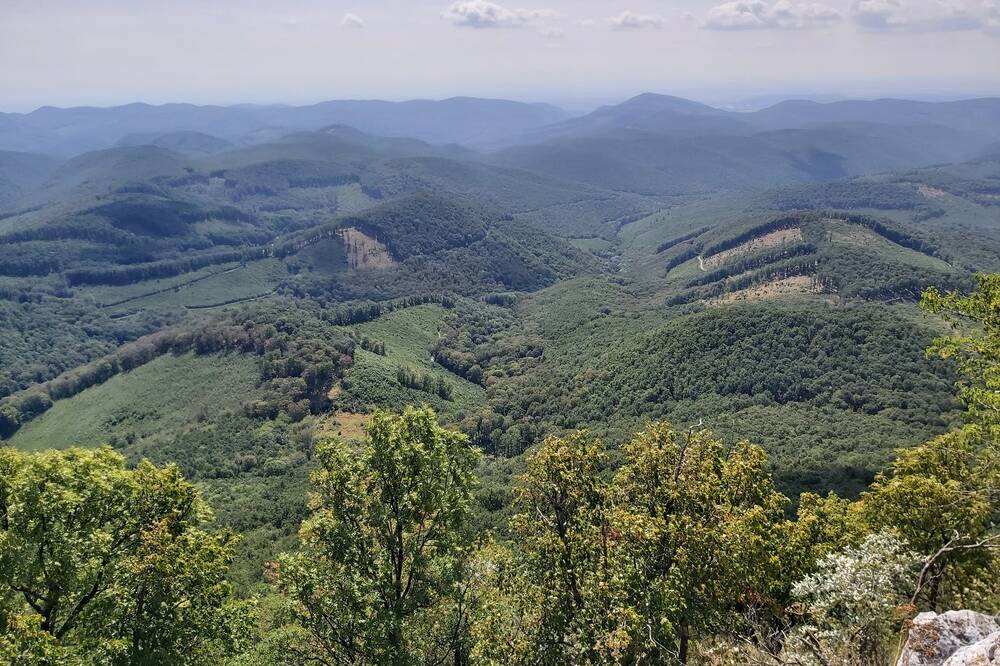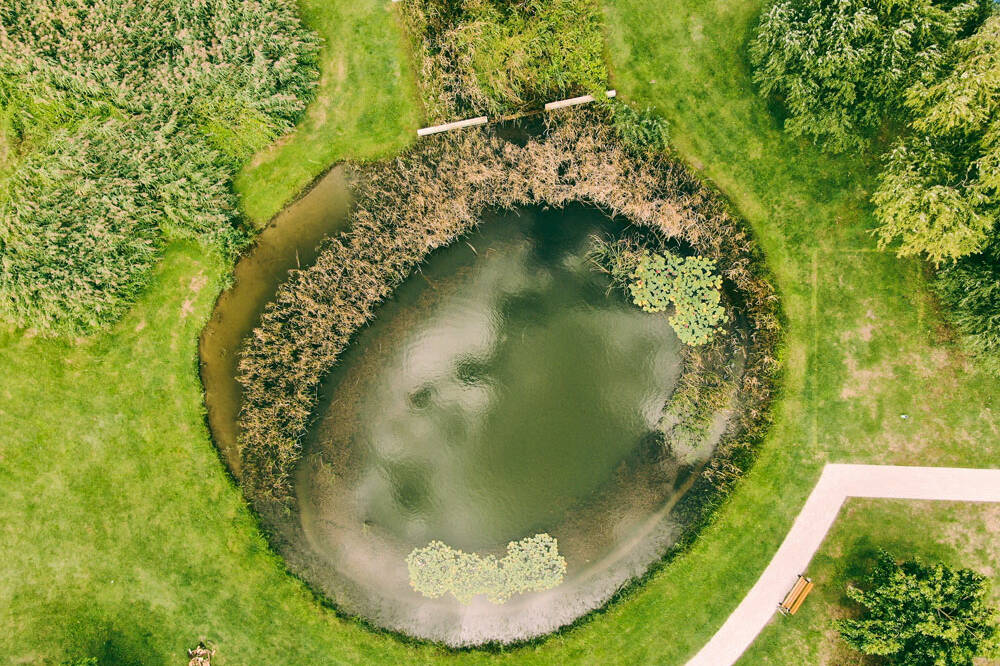Klímavédelmi gyorstalpaló
A gondolkozz globálisan, cselekedj lokálisan jelmondat talán az éghajlatváltozásra igaz a leginkább. Azonban ahhoz, hogy lokálisan tudjuk, hogy hogyan tudunk tenni a legtöbbet, meg kell ismerni a nagy képet is. Ezért összeállítottuk egy gyorstalpalót, hogy könnyebben ki lehessen igazodni a kibocsátások, a klímapolitika és az egyes technológiák kuszaságában, a globális szinttől egészen Magyarországig.
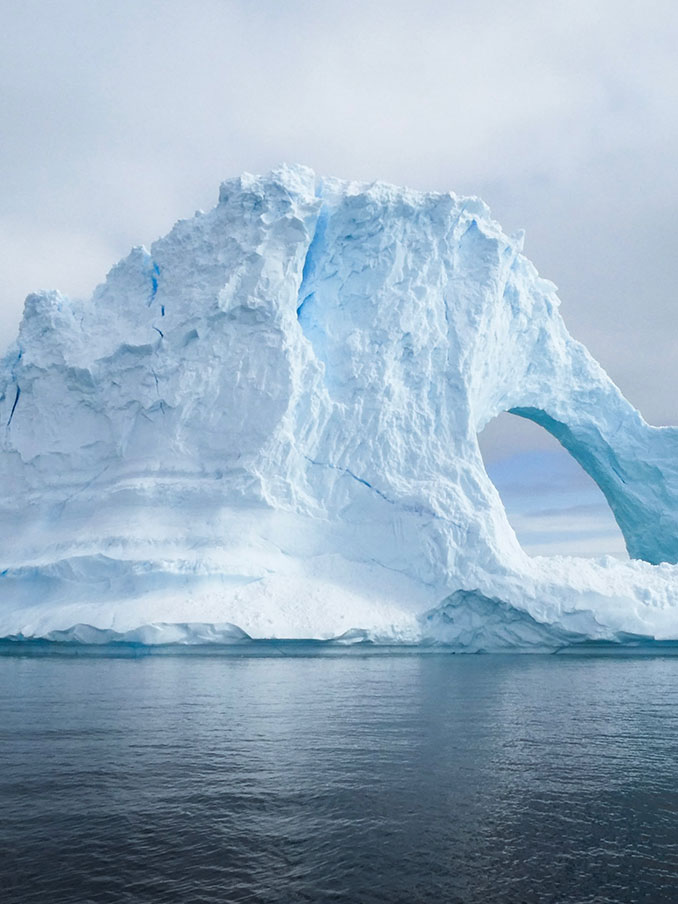

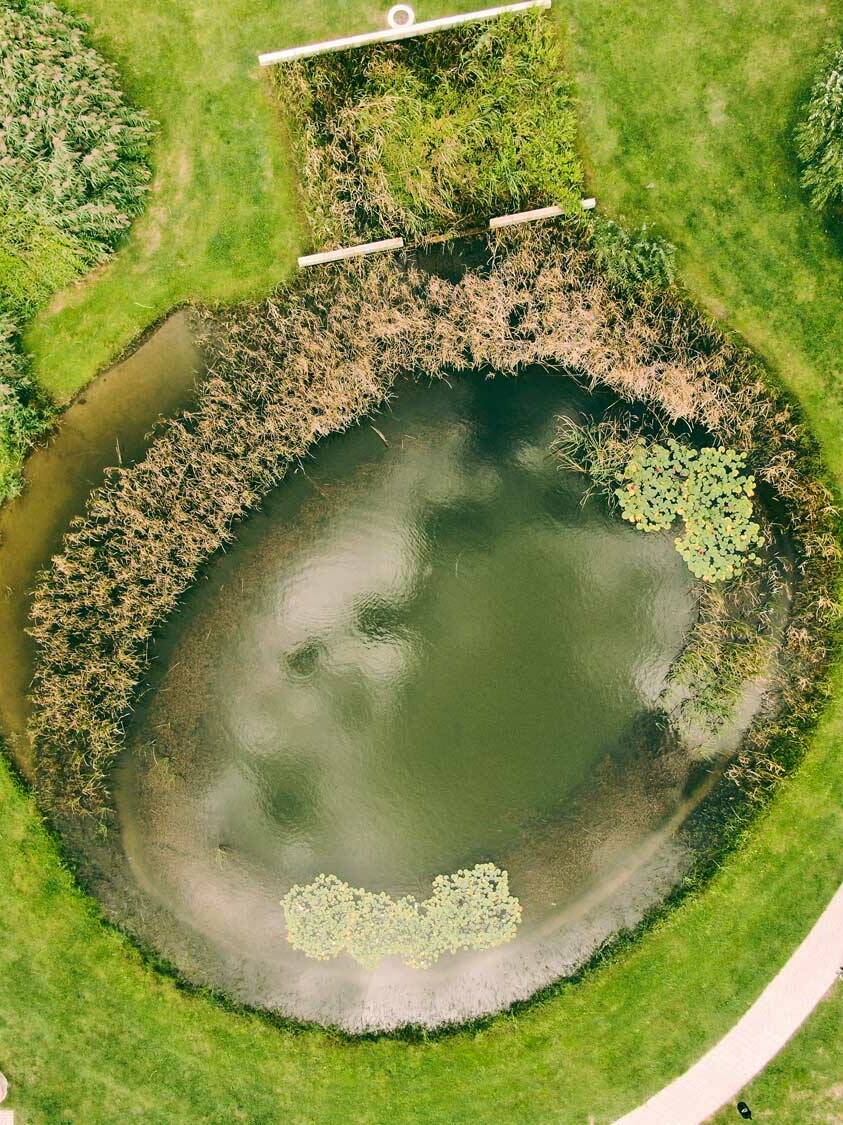
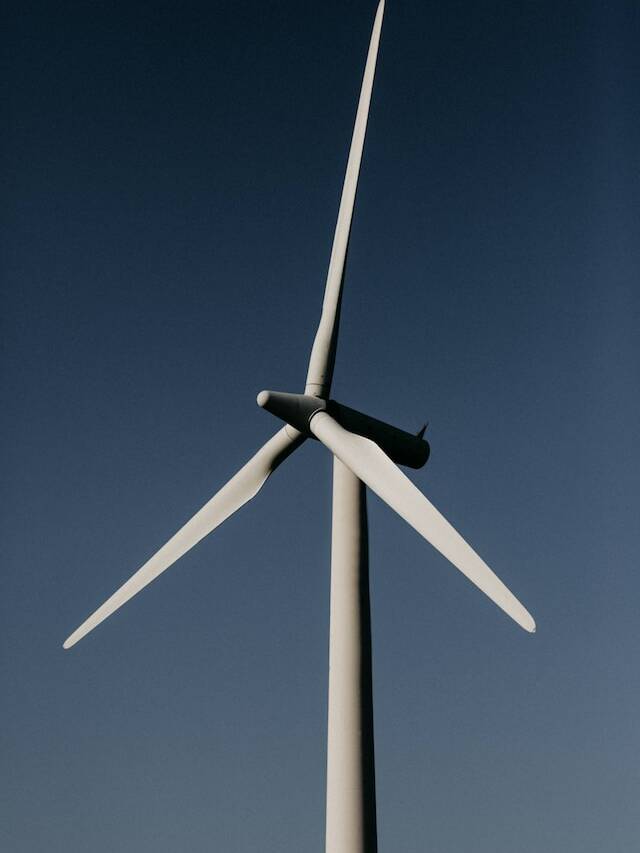
Természetközeli vízvisszatartás
Az éghajlatváltozás hatásai a hőmérséklet emelkedésén túl a hidrológiai rendszerben, a vízgazdálkodásban csapódnak le legerősebben. Gyakoribbá válnak a szélsőségesen nagy esőzések, áradások és villámárvizek, ugyanakkor a hosszú aszályok is. A természetre alapozó vízvisszatartással alkalmazkodni lehet ezekhez a kihívásokhoz. A drága, hosszú éveken keresztül húzódó szürke-infrastrukturális beruházások helyett természetes vizesélőhelyek helyreállításával, a vizek természetre alapozó visszatartásával olcsón, helyi szinten, kis léptékben mérsékelhetők az éghajlatváltozás negatív hatásai. Partnereinkkel országszerte számos példaértékű vízvisszatartó mintaprojektet valósítottunk meg.
Települési klímastratégiák
Az éghajlatváltozás és az energiaválság problémája alapos, hosszú távú tervezést igényel. Ezért szeretnénk hozzásegíteni minél több települést ahhoz, hogy akcióterveket dolgozzanak ki és valósítsanak meg a klímaváltozás okozta szélsőségekhez való alkalmazkodás érdekében. Egy jó SECAP részletes áttekintést ad a település energetikai helyzetéről és üvegházgáz-kibocsátásáról, valamint objektív intézkedéseket határoz meg a kibocsátáscsökkentéssel, az energiahatékonysággal és a megújulóenergia-átmenettel kapcsolatban. A tervek a helyi energiaszegénység kezelése mellett az adott településeket érintő olyan kockázatokat is számba veszik, mint például az árvizek vagy a hőhullámok.
Biomassza fenntarthatóság
A szilárd biomassza a legnagyobb mértékben használt megújuló energiaforrás Magyarországon. Habár helyi erőforrás, ami segít függetlenedni a fosszilis energiahordozóktól, túlzott használata csökkenti az erdők szénkészletét és fajgazdagságát, valamint a vidéki légszennyezés legfőbb okozója. Létezik jó és rossz biomassza, illetve annak jó és rossz felhasználása? Habár a kép nem ilyen fekete-fehér, valóban létezik nagyon kedvezőtlen kombináció, amikor például egész erdőket égetnek el rendkívül rossz hatásfokon, és olyan jó megoldás is, amikor például faipari mellékterméket hasznosítunk magas hatásfokon. Projektjeinkben azon dolgozunk, hogy a rossz megoldásból kevesebb legyen, és jobb alternatívát tudjunk helyettük felmutatni.
